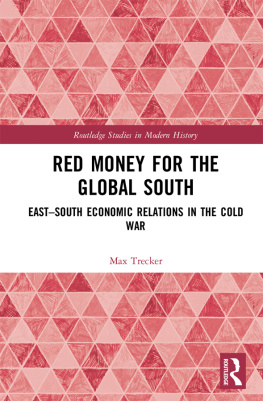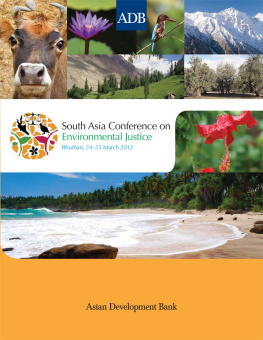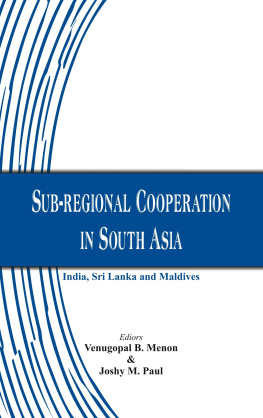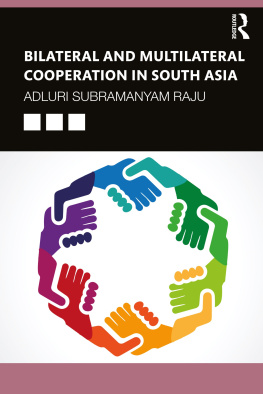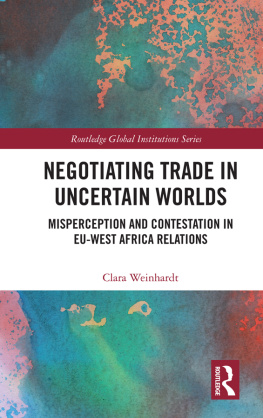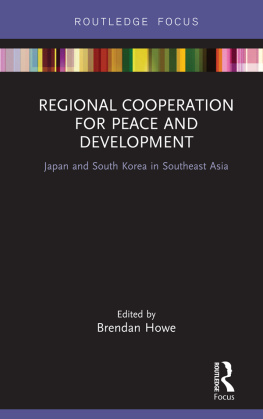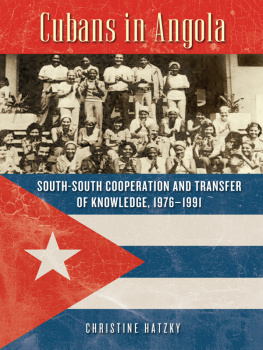The Third World Foundation and the Chinese Academy of Social Sciences invited seventy scholars and statesmen from the Third World to the South-South Conference in Beijing (47 April 1983), which came to be called South-South I, to discuss the strategies of development, negotiations and cooperation pursued by the developing countries during the last thirty years. The Conference was held at a time when the world as a whole, and the developing countries in particular, were suffering from the effects of the global economic crisisitself evidence of the structural inadequacies and failure of the existing international economic order. The principal elements in the crisis were a decline in world production, a sharp increase in the number of unemployed, a contraction in world trade and disarray in the international financial system. Even more alarming was the fact that the major developing countries had failed to agree on measures to deal with the crisis. The active involvement of the Chinese scholars in an intensive examination of the situation facing the South gave the deliberation of the Conference a distinctive complexion. The Chinese Prime Minister, Zhao Ziyang, addressing the inaugural session observed that scholars were meeting at a time when the world economic situation was extremely grim. He emphasised Chinas identification with the Third World.
Development Strategies
Premier Zhao Ziyang said that the common task facing the developing countries including China was to formulate and implement development strategies in the light of and suited to their conditionsstrategies that can activate all possible factors and achieve optimum economic results so as to increase their capability for self-reliance and promote the concerted development of the economy, science and technology, and the society as a whole. Conditions varied from country to country and development strategy suited to one country may not necessarily be suitable for another. Every country should take its role independently in the light of its own characteristics and strong points.
One of the lessons to emerge from South-South I was that development strategies have been worked out in a short-term frameworkthe only framework available to the economists. Economics deals with short-term problems of flows: its principal concerns have been prices, incomes, savings and foreign exchange. Third World governments have not realised that development covers a whole range of long-term issues affecting the human creative potential. A variety of strategies of growth have failed because they were produced by economists acting as development plannersa task which they are not qualified to undertake without the coordinated support of a range of other disciplines. Above all, many Third World governments have formulated development plans without a popular mandate and have proceeded to execute them without the active and creative involvement and participation of the people. Because these governments often lacked popular support, they have relied on professionals and technicians to work out paper plans for economic growth.
What the South required, the conference decided, was a long-term structural framework which would take into account the level from which different nations started and the social and political objectives of development. A country could have growth without improvement in living standards, and it could have improved living standards to some extent with minimal growth, but to sustain economic growth and improving living standards, social change was an essential prerequisite. The critical question was the orientation of social change and the political framework within which a development plan was formulated and executed.
For China the last ten years have yielded an average annual growth rate of at least six per cent. Planning was introduced in China in 1952 and the sixth Five-Year Plan covering 198186 was introduced by Premier Zhao Ziyang in November 1982. The overall thrust of the new plan is to continue the current economic strategy for modest growth with particular stress on the two weak links in Chinas industrial developmentenergy and transport. In addition to the Five-Year Plan, Chairman Hu Yaobang has announced a plan to quadruple Chinas agricultural and industrial production from the 1980 level by the year 2000. The central point of this programme is that although energy production will only be doubled, greater efficiency in its use would enable Chinas farmers and industrial workers to increase their production fourfold. In the last three years China has reoriented its economy away from heavy industrial production and capital construction projects towards greater consumer goods production.
Although Chinas pursuit of economic growth with social justice has had its problems the Chinese have succeeded in ensuring the basic needs of 1 billion people and building up an independent, comprehensive industrial base.
The three contributors to the section on development strategies are Li Cong, Amartya Sen and Victor Urquidi. Li Cong writes that no matter what development strategy is adopted by a developing country it is hampered and inhibited in fulfilling its objectives by the existing international economic order. For example, countries pursuing an export substitution strategy have become too reliant on international capital and technology and when protectionism is widespread they have met enormous difficulties selling their goods. In pursuing an import substitution strategy, countries decided to establish and develop their own manufacturing industry to replace the import of manufactured goods. As the economic basis of many developing countries was weak and their home market was limited the import of machines, equipment and raw materials needed for the development of industry kept increasing and they failed to achieve their anticipated objectives while suffering from large trade deficits. Both strategies emphasise the development of industry, and aim at achieving a high growth rate of GNP through the rapid growth of industrial production. Li Cong feels that developing countries have been misled by some of the developed countries into adopting development strategies not suited to their domestic realities. In their pursuit of a high growth rate of industrial development, they end up aggravating the disproportionate economic and social development within their countries. The income of the 20 per cent highest income families generally accounts for 50 per cent70 per cent of the total income of the families of the whole country, while that of the same percentage of the lowest income families is less than 10 per cent of the total.


